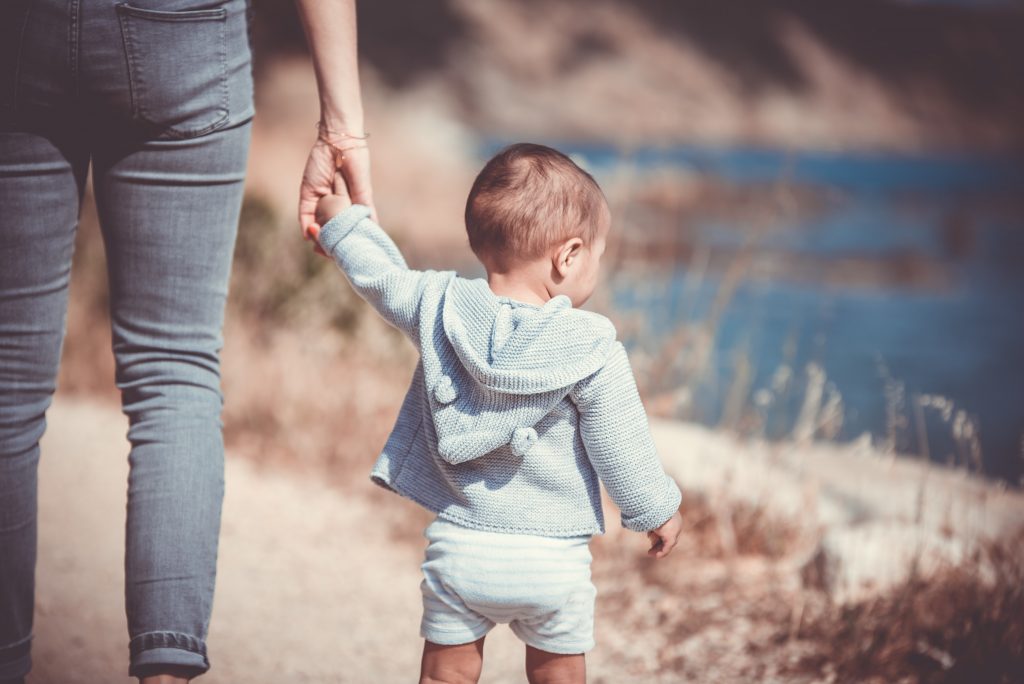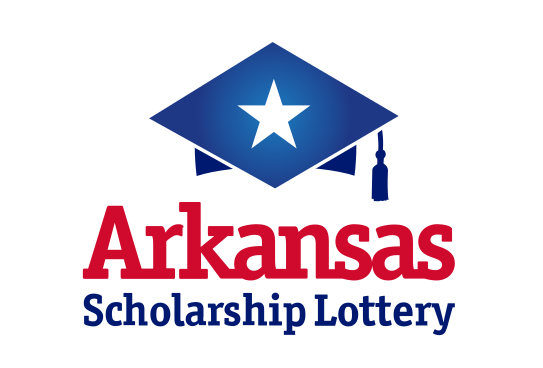Video: Arkansas Lottery Ticket Sales Jump After Stimulus Checks Arrive
Arkansas Lottery ticket sales saw an increase in the days after COVID-19 economic stimulus checks began arriving.
Watch this video to learn more.
Arkansas Lottery ticket sales saw an increase in the days after COVID-19 economic stimulus checks began arriving.
Watch this video to learn more.

Last Month New York lawmakers reportedly legalized the controversial practice of commercial surrogacy.
The legislation was tacked onto a budget measure that passed amid the COVID-19 pandemic.
Commercial surrogacy is a practice where companies and wealthy couples pay women thousands of dollars to carry children.
There are several ethical problems with commercial surrogacy and egg harvesting. Here are a few:
Commercial surrogacy and egg harvesting also carry a number of health risks for women.
Unfortunately, Arkansas law currently allows commercial surrogacy and commercial egg harvesting.
That’s why Family Council has supported legislation in the past that would have addressed these issues.
H.B. 1761 of 2019 would have regulated the buying and selling of human eggs. It would have prohibited companies from paying women for their eggs, but it contained exceptions for free egg donations and for fertility treatments.
The bill passed in the Arkansas House, but unfortunately failed to make it through the senate before the session adjourned.
In 2017 then-Rep. Greg Leding sponsored a bill prohibiting commercial surrogacy in Arkansas; unfortunately the bill never came up for a vote before the legislature adjourned.
Being pro-life means believing that human life is sacred from conception until natural death.
It means treating human life with respect at every stage of development.
It also means recognizing that human beings are not products that can be bought or sold.
In this way, commercial surrogacy violates the sanctity and dignity of human life.

Ticket sales for the Arkansas Lottery rose in the later part of April, after Arkansans began receiving economic stimulus checks, according to documents Family Council obtained via the Freedom of Information Act.
Family Council recently sent the Arkansas Lottery Office a Freedom of Information Act request asking for weekly ticket sales information from March 29 to April 25.
The reports show that from March 29 to April 4, Arkansas Lottery instant ticket net sales were about $9 million.
During the week of April 5 to April 11, instant ticket net sales dropped to $8.9 million.
From April 12 to April 18, net sales for instant lottery tickets rose to more than $9.8 million.
And during the week of April 19 to April 25, net sales for instant lottery tickets surpassed $11 million.
Across the board, Arkansas lottery ticket sales jumped during the week of April 19 – April 25, compared to previous weeks.
It’s impossible to know how many lottery tickets were bought using COVID-19 stimulus money the federal government sent to Arkansans, but it seems like more than just a coincidence that lottery ticket sales would jump after these checks began arriving.
News outlets have similarly reported that in Texas state lottery ticket sales saw a boost after stimulus checks were deposited.
It’s no secret that gambling preys on the poor and desperate, and state-run lotteries like Arkansas’ are no exception.
That’s why groups like Stop Predatory Gambling have called on state officials to suspend their state-run lotteries temporarily as taxpayers receive relief checks.
Otherwise money that is meant to help taxpayers make ends meet during these challenging times could end up being wasted on losing lottery tickets.